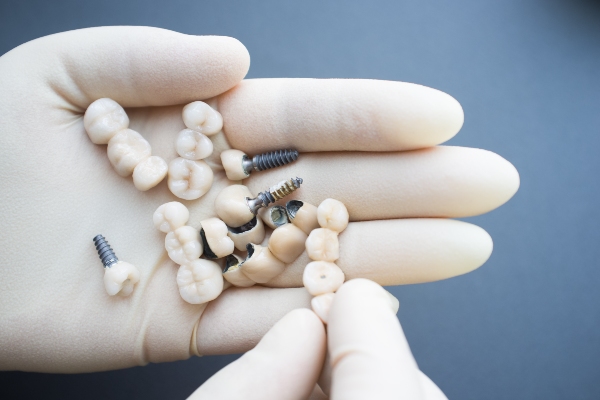Top 5 Questions About General Dentistry

If you have a few questions you have always wanted to know the answers to about general dentistry, you have come to the right place. This article will explore some of the most popular things people often wonder about this dental specialty.
Frequently asked questions about general dentistry
1. How often should a person see a dentist?
At a very minimum, people who are serious about their oral health should visit a dentist at least two times each year. Each visit should be spaced out about six months from the last. However, people who are dealing with gum disease or other serious dental issues might be advised to come in more frequently than that. The same applies to those getting orthodontic treatments. The dentist needs to monitor the patient's progress to ensure the treatment is working as expected.
2. Are x-rays safe?
Absolutely. A patient is exposed to about the same amount of radiation they absorb every time they get into an airplane. Protective measures like covering the patient with a lead apron are also taken to keep exposure to radiation at a minimum.
3. What are cavities?
Most people know cavities are bad for them, but many do not know what these really are. A cavity is a small hole that forms on a tooth due to decay. It is caused by the acids that are created by oral bacteria and the acids in the foods one eats. Cavities can be reversed with fluoride treatments when detected early, and fillings when they become bigger. If left untreated, a cavity can lead to the total loss of a tooth.
4. Do dental restorations last forever?
Some, like, implants can last a lifetime, but most dental restorations have specific lifespans. Fillings can last for a few years, while crowns can last over 25 years. The dentist should educate the patient about the life expectancy of any dental restoration before installing it. A simple way to get the most out of dental restorations is by practicing good oral hygiene.
5. What is the quickest way to whiten teeth?
Teeth whitening treatments are used to improve the color of a person's teeth. The most effective way to improve their white color is by getting a whitening session performed by a dentist. These are done with stronger products than those available over the counter.
A whitening treatment performed by a general dentist can leave a person's teeth 10 shades whiter. Most patients need follow-up sessions to get the color they desire. The work does not stop when the desired color has been achieved. The patient will need maintenance treatments to maintain the new color since their teeth will still be exposed to the things that discolored them.
General dentistry aims to prevent dental issues
The goal of general dentistry if to prevent oral issues from occurring in the first place. By getting regular checkups and cleanings, any issues that arise are dealt with before they turn into something more serious. Stop by our clinic if you have more questions about what a preventative dentist does.
Request an appointment here: https://www.newyorkdentaloffice.com or call New York Dental Office at (212) 548-3261 for an appointment in our New York office.
Check out what others are saying about our services on Yelp: Read our Yelp reviews.
Recent Posts
Dental restoration is a term used to describe the process of repairing or replacing damaged, decayed, or missing teeth. Several dental restoration options are available to patients, ranging from simple fillings to more complex procedures such as dental implants and crowns. This article will explore some of the most common dental restoration options available and…
A restorative dentist can help transform dental health and restore confidence in your smile. These dental professionals address a variety of dental issues, from missing teeth to damaged enamel. The goal of restorative dentistry is to improve both the function and appearance of your teeth, allowing you to achieve better oral health and renew your…
A dental restoration can repair your teeth and improve your smile. Following the recommended aftercare instructions is important to ensure the results last as long as possible. Whether you are getting a filling, a root canal, or a tooth pulled, slacking on aftercare can lead to pain and discomfort. Save yourself some trouble and avoid…
Cracked and chipped teeth can be unsightly and painful, but dental restoration can help. Even a painless chip or crack may become a bigger problem if left untreated. Severe pain, swollen and tender gums, and infection may result. In the worst cases, it will be necessary to extract the broken tooth. There are many ways…



